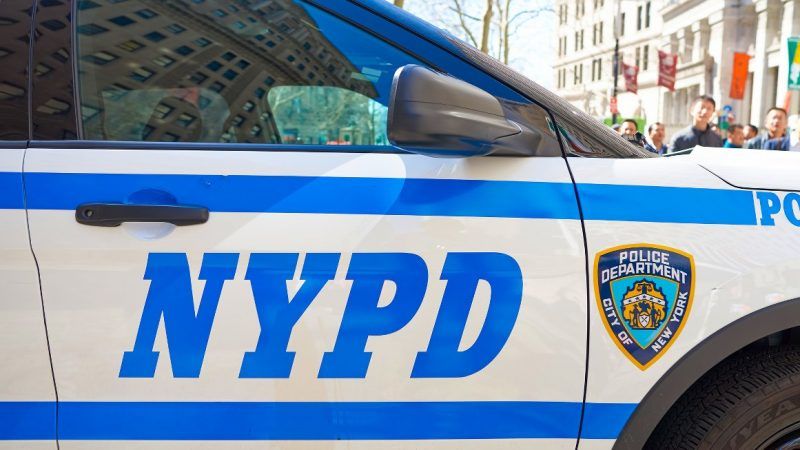NYPD Cynically Suggests Parents Know Better Than Lawyers How To Guide Children Through Interrogations
Criminal justice advocates are pushing to pass legislation to tighten rules for juvenile interrogations, but the NYPD is not on board.

Criminal justice advocates will once again try to pass legislation in New York next year to guarantee minors access to legal counsel before they can be interrogated by police.
The City recently reported that a coalition of public defenders, juvenile justice organizations, and other groups are pushing to pass a bill in the next session of the New York Legislature that would require minors speak with a lawyer before they waive their Miranda rights and talk to police.
If such a bill passed, New York would join several other states that have tightened rules for juvenile interrogations in recent years. Both Maryland and Washington passed laws requiring attorney consultations for minors before interrogations. Last year, Illinois became the first state in the U.S. to ban police from lying to minors during interrogations. Oregon followed suit shortly after. The new laws came after years of mounting evidence that youths are particularly susceptible to being coerced into false confessions.
But what's notable about the story is the New York City Police Department's opposition to the proposal. The City reports:
The NYPD is opposed to the potential changes, noting that state law already requires officers to video-record every time cops question someone under the age of 18 in a court-approved juvenile room. The department also argues that parents, not lawyers, know what's best for their children.
"Parents and guardians are in the best position to make decisions for their children, and this bill, while well-intentioned, supplants the judgment of parents and guardians with an attorney who may never have met the individual," a police spokesperson said in an unsigned email.
The NYPD's argument here is brazenly self-interested, and it's malicious legal advice to give to parents, who sometimes unwittingly encourage their children to provide incriminating statements to the police.
For example, Reason reported in 2021 on the case of Lawrence Montoya, who at the age of 14 falsely confessed to being at the scene of a murder after several hours of being badgered by two Denver police detectives. Montoya's mother was present for the first part of the interview. She encouraged him to talk and eventually left her son alone in the interrogation room with detectives, allowing them to lean on him until he gave them what they wanted: a flimsy confession constructed with the facts that they had fed to Montoya.
Despite no real physical evidence linking Montoya to the crime, a jury convicted him of first-degree felony murder. Montoya spent 13 years behind bars, much of it in solitary confinement because he was a minor in an adult prison, before prosecutors cut a deal to release him on time served in exchange for his pleading guilty to being an accessory after the fact. He has an ongoing civil rights lawsuit against the Denver Police Department.
Montoya testified this year in favor of legislation that would have banned police in Colorado from lying to minors during interrogations. However, that bill was gutted and eventually withdrawn under fierce opposition from "tough on crime" lawmakers, who called it "anti-law enforcement" and "pro-criminal."
There are also, of course, cases in the NYPD's backyard, such as the Central Park Five—five teenagers who falsely confessed in 1989, under prolonged interrogation without lawyers present, to raping and beating a jogger in Central Park.
According to the Innocence Project, nearly 30 percent of DNA exonerations involved false confessions. Only a third of those false confessors were 18 years old or younger at the time of their arrest. Minors are particularly vulnerable to false confessions because they are less likely to understand their Miranda rights and more likely to focus on an immediate reward, such as getting out of a stuffy interrogation room, rather than long-term consequences.
Just as you wouldn't presume to tell a cardiologist that you know what's best for your child's aortic valve, you shouldn't assume you know better than a criminal defense attorney how to shield your child from legal jeopardy when talking to the police. It's unserious and cynical for the NYPD to frame access to counsel for juvenile suspects as a parents' rights issue.
